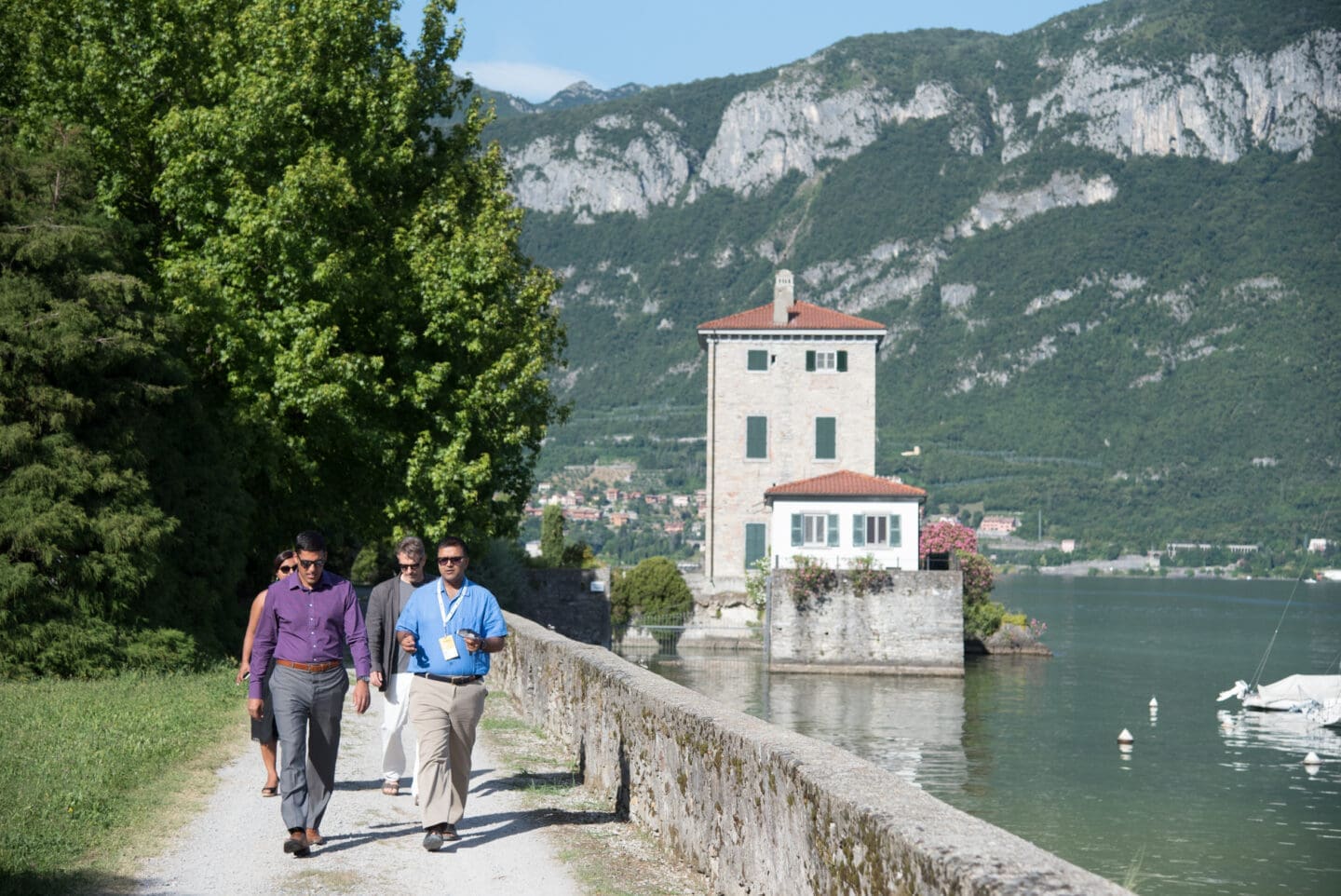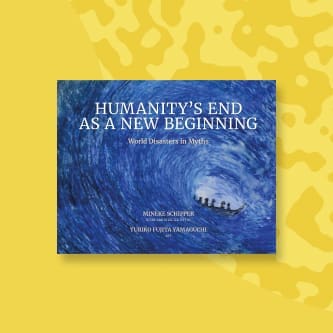A few words from Mineke
“The most challenging part of the book was answering the big question, “What do we share as humanity?” Much more than we can imagine: we have the same fears of our finiteness, not only individually but the radical end of humanity.”
A Quote from Humanity’s End As A New Beginning
“Finiteness and Future Humanity is still very young, only about 300.000 years, and culturally speaking we are not much older than about 5000 years. We could finally learn from history that culture, arts and sciences cost so much less than war. The end of humanity is not necessarily the end of the world. We simply don’t know. Scholars are more and more aware of how little they know. The future is almost as much a matter of belief in scholarship as it is in religions, the arts and literature. All over the world a comforting self-confidence keeps people going, a belief beautifully expressed in Anton Chekhov’s play Three Sisters: “In a century or two, or in a millennium, people will live in a new way, a happier way. We won’t be there to see it – but it’s why we live, why we work. It’s why we suffer. We’re creating it. That’s the purpose of our existence. The only happiness we can know is to work toward that goal.” Driven by fear of their own finiteness, humans have always dreamt of new beginnings. Struggling to free ourselves from the depressing debris of wars, pandemics, and other disasters, what else can we do but clutch on to our lifelong hope for a future? Worldwide there is growing awareness of the urgent need to protect the threatened planet in order to have a future at all. Commitment is the key. Yes, humanity wants a new beginning.”
Synopsis
Long before scholars started wondering and worrying about The End, storytellers provided their own answers in myths. How long will people be allowed to continue handling the earth and their fellow men without respect, before the gods are going to intervene? And what will happen to us humans? Will fire from heaven set our earth ablaze? Will a pandemic break out? Or will we all be drowned?
This book by Mineke Schipper inspired Yuriko Yamaguchi to create a series of art works depicting both the growing despair and the ultimate hope conveyed by these thrilling stories from all over the globe. A book about our worrisome world with encouraging echoes of hope.
Mineke Schipper is Emeritus Professor of Intercultural Studies at Leiden University and the author of academic books, literary essays and novels, including Never Marry a Woman with Big Feet. Proverbs about Women from Around the World, and Naked or Covered, A History of Dressing and Undressing Around the World.
Yuriko Yamaguchi is a Japanese-American artist and sculptor, residing in the U.S. Her works have been exhibited in the U.S., Japan, and at the Leiden University Library.

